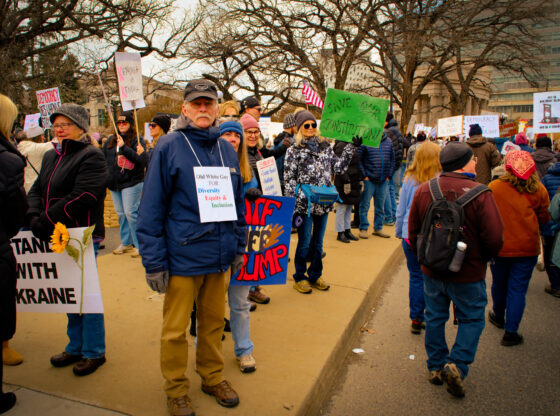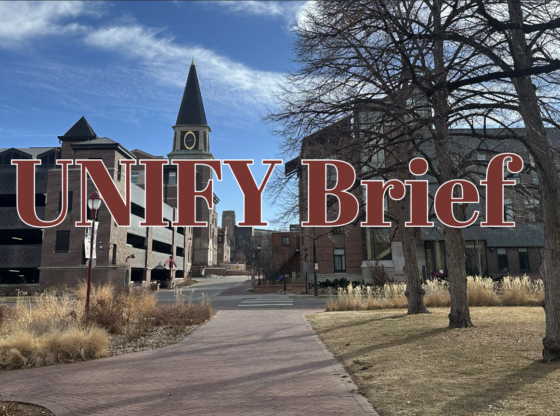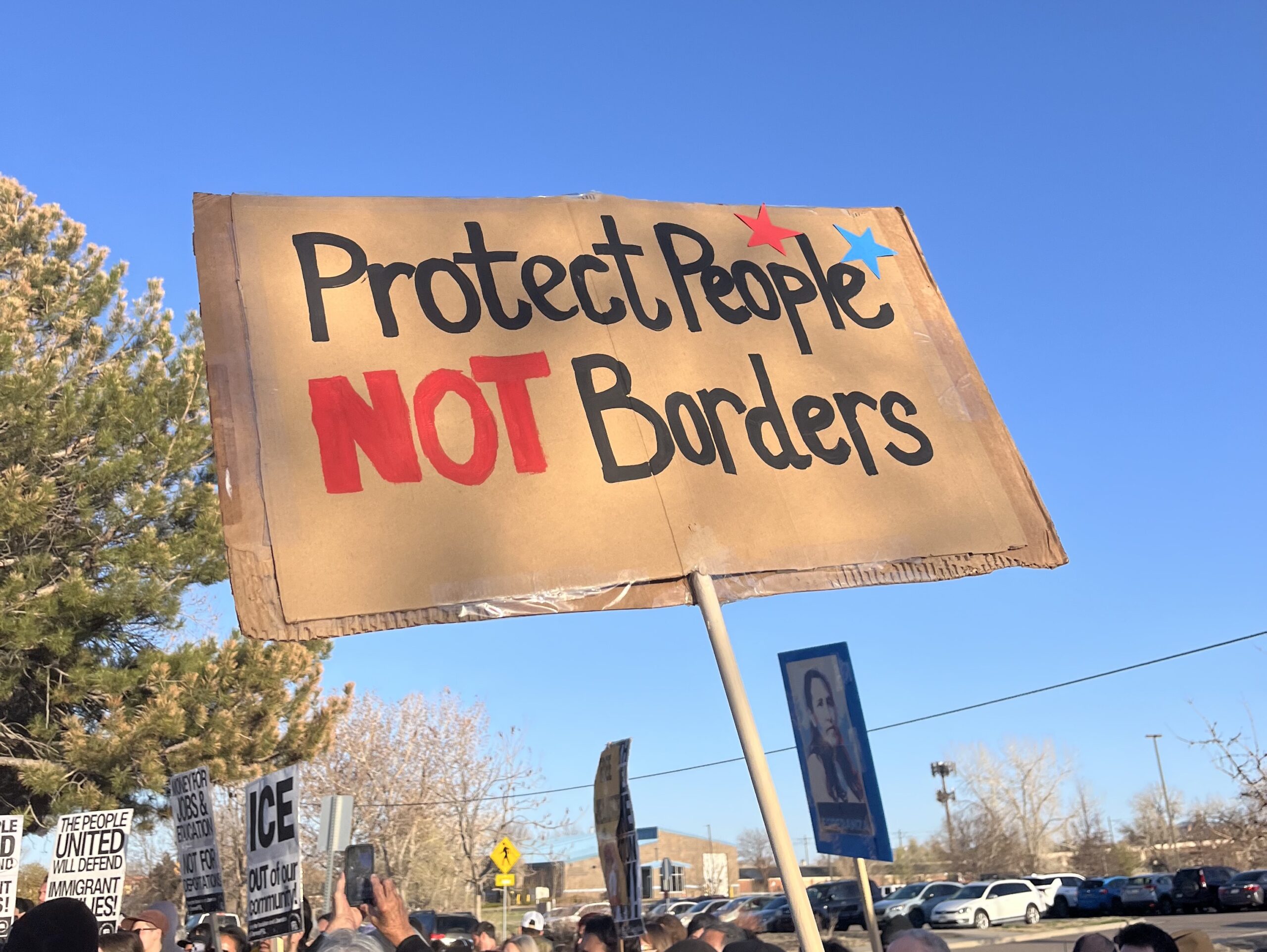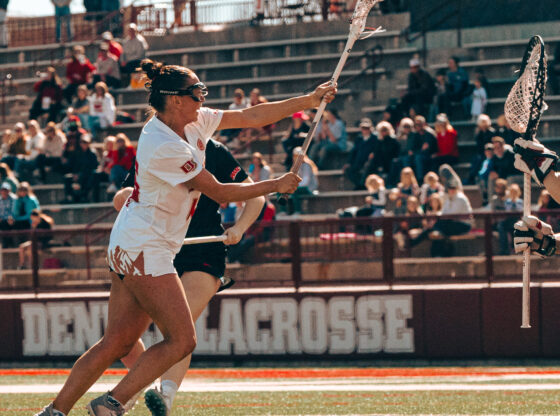On April 17, at the Sié Chéou-Kang Center for International Security and Diplomacy, the University of Denver chapter of the American Association of University Professors held a Day of Action for Higher Education. The full day of programming went from 9 a.m. to 5 p.m. and covered a multitude of topics, from university finances to free speech on campus.
The first session focused on protecting international and non-citizen students, as the revocation of student visas this spring has raised concerns. Sixteen international students at Colorado State University in Fort Collins, just an hour and seven minutes away from the University of Denver, have had their visas revoked as of Friday, April 18. Across the University of Colorado’s four campuses, 22 student visas have been revoked.
Typically, universities are required to record and share information about international students through the Student and Exchange Visitor Information System (SEVIS). However, what has changed is that student records in SEVIS are being terminated, making them arrestable and deportable. Universities are not being made aware of SEVIS terminations and visa revocations and are being caught off guard when it happens.
What can get a student visa revoked is: working off campus without permission, failing to maintain a full class load or if the student is charged with a crime during their time abroad. Students can get their visas reinstated if they meet certain requirements. What has changed is that the United States Attorney General can allow visa revocations on the belief that international students are “threats.”
“It’s being done at a much larger scale. We’re also seeing new things in the sense of the student visa revocations. You were also subject to having your visa revoked for committing a crime…now they’re taking every little instance and using it against students,” stated Brandon Roché, Denver-based immigration attorney and featured guest at the session.
Visa revocation announcements are often vague. International students are uneasy because it is difficult to determine if they have done something wrong and what would make them a target for visa revocation. Some reasons have included student activism, particularly around the Palestine-Israel conflict this past year. Students who are from or have visited a country that the United States may have had a recent conflict with or have participated in legal actions ranging from getting fingerprinted to talking to the police are also subject to visa revocation.
International students are feeling silenced and uncertain whether they can trust their peers, faculty or staff members on campus. There is a huge concern surrounding social media and the need to erase material that may make them subject to visa revocation. There’s also fear of what could happen if international students decide to travel back home or to international conferences.
Since the 1880s, deportation has been defined as a civil sanction rather than a criminal one. The Supreme Court says that deportation is not a punishment but an administrative process to return immigrants to their country of origin.
“This added stress and the consequences for people’s personal lives but also for their professional lives is catastrophic and is massive,” expressed Dr. Marie Berry, distinguished professor at the Josef Korbel School of International Studies.
It has also happened that U.S. citizens received letters to “self-deport.” On April 11, Nicole Micheroni, an immigration attorney based in Massachusetts, mistakenly received an email addressed to her from the U.S. Department of Homeland Security, an email heading “Notice of Termination of Parole.” The email read, “It is time for you to leave the United States.” Dr. Lisa Anderson, a physician from Connecticut, also received the same email.
“What we’re seeing in Immigration Law is them pushing boundaries that have not been pushed before. Just like they’re doing in a variety of circumstances, norms and policies that maybe weren’t written into law, but it’s been a long-standing norm. We’re seeing this in immigration in the sense of… taking immigrants from one jurisdiction to another, making it harder for legal representation, harder for them to be close to their families,” Roché explained.
Amid policy shifts and growing concerns across universities, the Josef Korbel School of International Studies remains committed to supporting its international student community.
“We [Josef Korbel School of International Studies] believe strongly that immigrants are our community, that international students are our community… and we will do what we have in our power to ensure that everybody is able to be safe and can continue to study and learn to thrive,” Berry stated.












